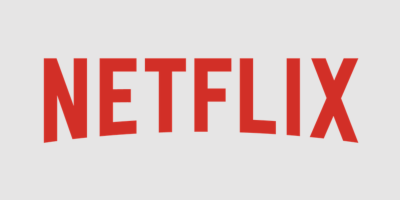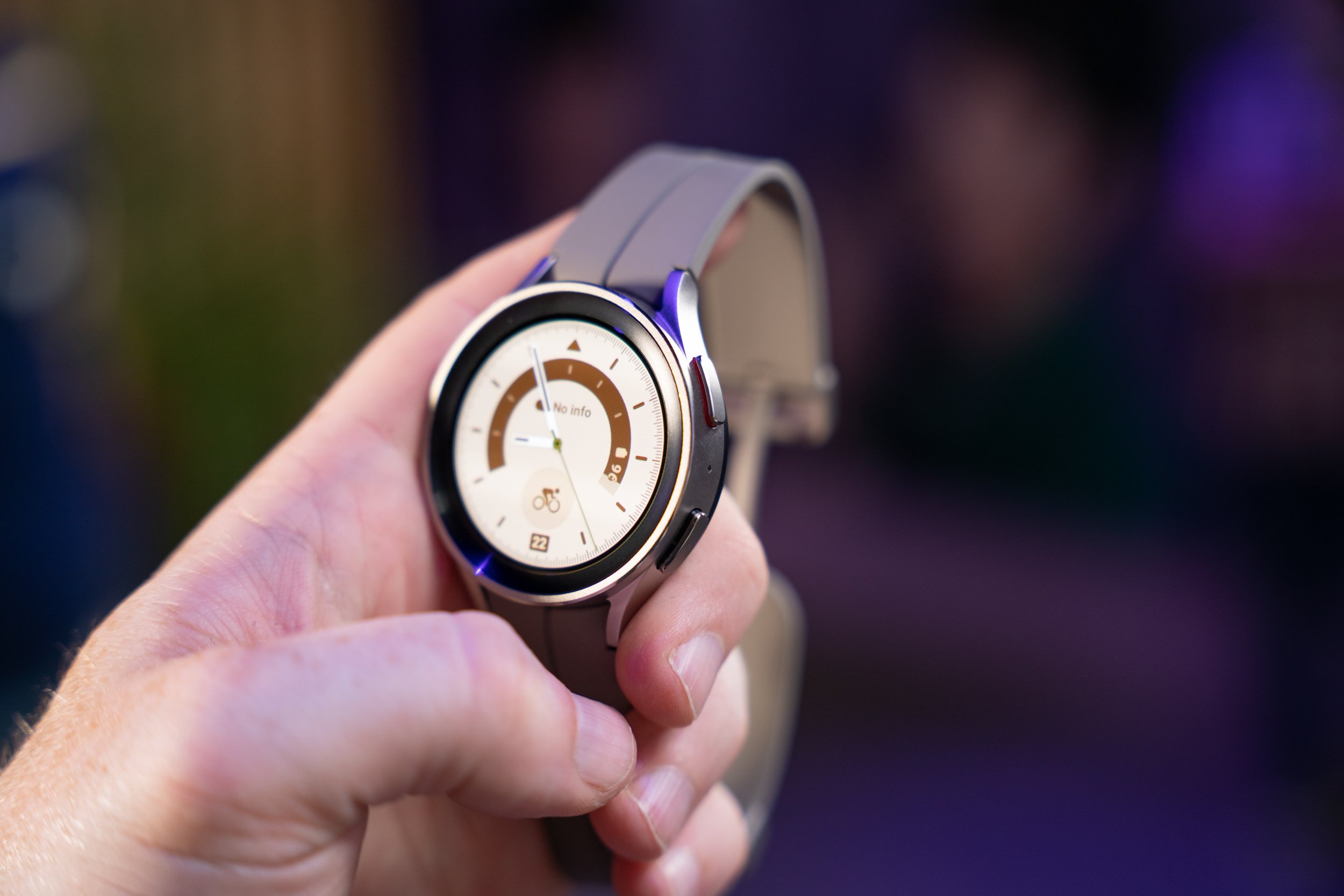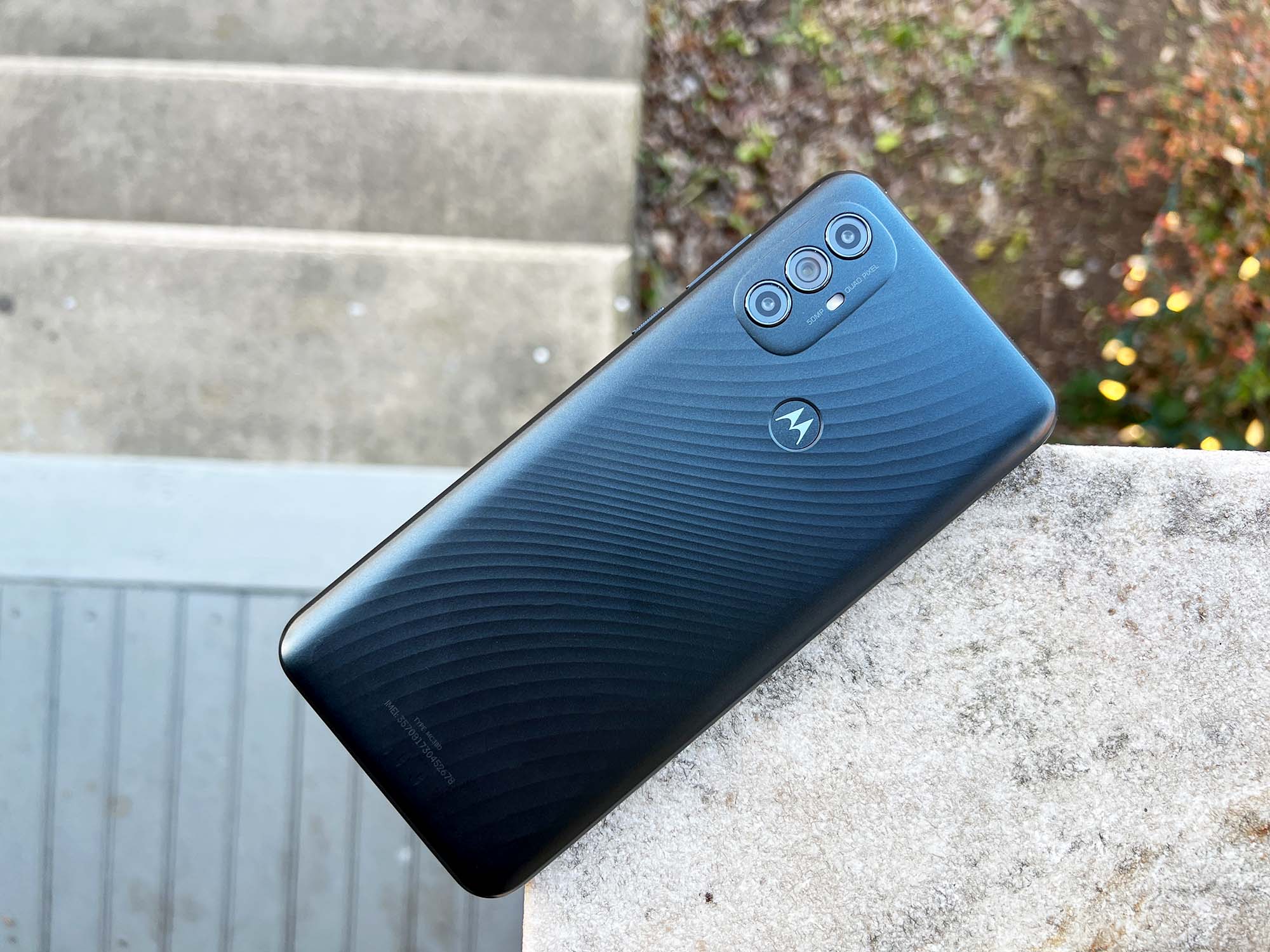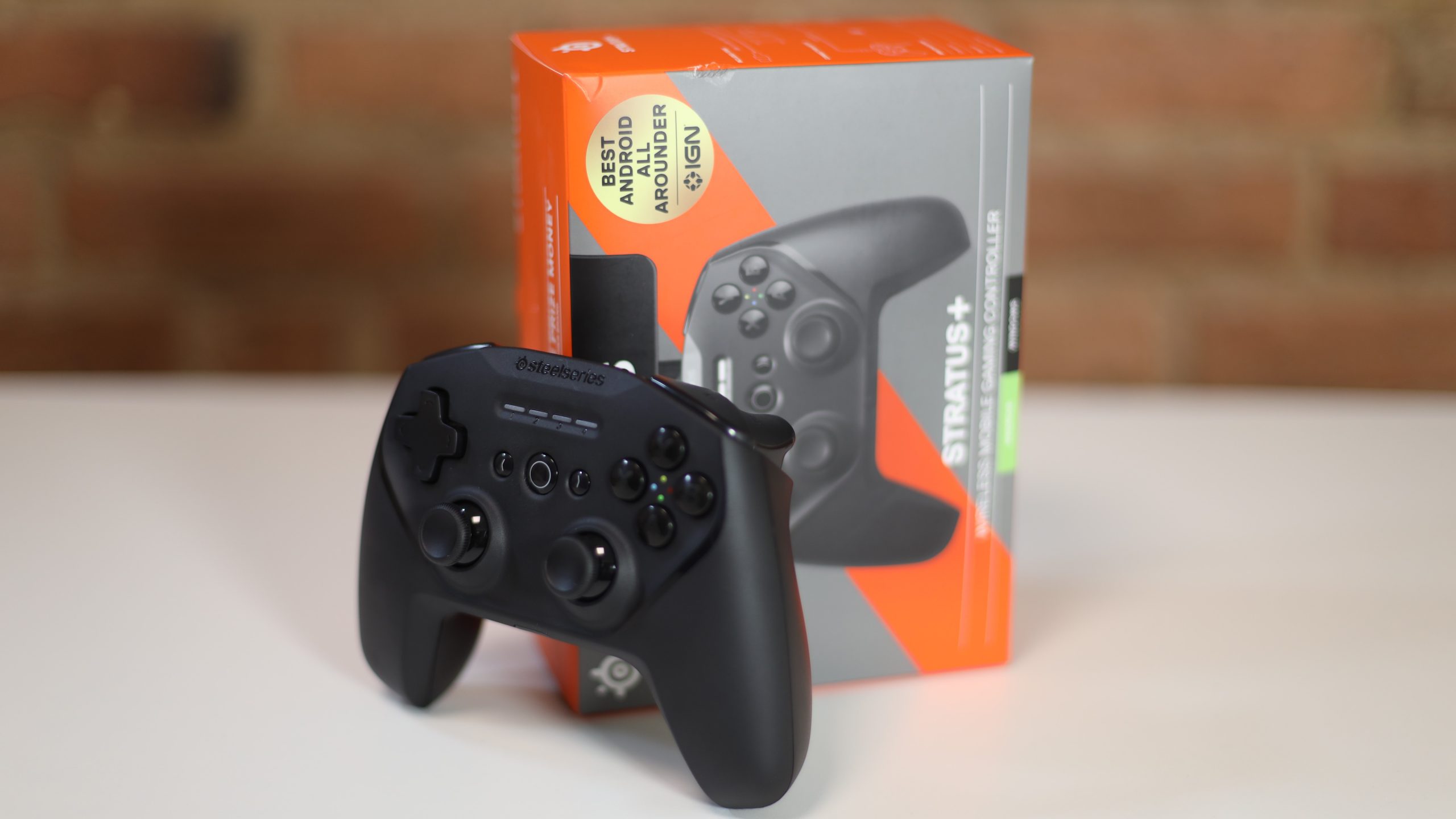There’s still a lot of confusion when it comes to the exact definition of 4G and even I have to admit, a lot of it is over my head. I remember when Sprint was the first carrier to launch their 4G service here in the U.S. and it created quite a stir. Why? Well, even though Sprint was using a next generation 4G network (WiMax) download speeds were slower than even T-Mobile’s 3G speeds. This eventually lead to T-Mobile’s market team rebranding their 3G network as “4G” and some people were saying that was misleading.
So how does one classify 4G? Is it the technology used for the network? Or is it raw download speeds? Well, I guess it depends who you ask. This is one of the reasons why some state senators are attempting to pass the Next Generation Wireless Disclosure Act. It’s a bill introduced today that will force carriers to be upfront with consumers regarding their 4G network. This includes: download speeds, reliability, coverage and they technology their using for their service.
I’ve always thought that 4G is anything that’s at least double than what I get with normal 3G but I guess I was being naive. According to the International Telecommunication Union (global wireless standards-setting organization) no current U.S. carrier is technically capable of 4G speeds. To be true 4G, a network must be capable of download speeds of 100Mbps. That’s like, 10 times faster than my home cable internet!
I, for one, am all in favor of this bill because it seems to be a murky subject for many consumers. Especially at a time when carriers are putting more and more emphasis on their 4G networks. Consumers need to make informed decisions before signing their life away for 2 years.
[Via CNN]












It’s about time. There is a lot of misleading information about this out there and consumers shouldn’t be deceived. Especially if they pay a premium for this service *cough* Sprint…
Snaps! Great comment xD
Afaik, none of the networks being marketed as such today are true 4G networks. I think a few companies have backpedaled and rebranded their service LTE instead. So yes, consumers do need to be accurately informed by their carriers whether something is truly 4G or not. From what I know of 4G, it requires MIMO antennas among other things, and most cell towers don’t have that yet.
http://en.wikipedia.org/wiki/4G
The big lie is really when carriers who are sporting HSPA & HSPA+ networks (T-Mobile, AT&T) are calling them “4G” when they’re still just 3G technology. Carriers got the right to call them “4G” pretty much by bullying the ITU into broadening their definition for 4G. It’s all marketing. Verizon’s LTE and Sprint’s WiMAX are closer to 3G in terms of technology, but still not quite real 4G.
In terms of practicality, LTE will almost certainly come out the winner in the long run. WiMAX is an idea whose time never quite showed up. HSPA are dead-ends and cannot be upgraded. Carriers who use them are already exploring upgrading to LTE, making the HSPA(+) handsets obsolete. 1st generation LTE is supposed to be compatible with LTE advanced, so the network can be upgraded without affecting existing handsets, and updated handsets would still function on 1st gen networks.
The ITU includes HSPA+ as a 4G service. It is not misleading at all, and in the case of T-Mobile, its HSPA+ is actually the fastest of the carriers at the moment.
That said, I do think LTE is the much better technology. HSPA+, while capable of producing greater speeds does not address latency, which I feel is much more important than pure speed. Even if LTE were as fast as 3G, I’d be completely happy with it, considering that ~7Mbps is more than enough for just about anything, and sub 50ms latencies would literally make any mainstream internet based function possible.
The included it, but only after the carriers threw the mother of all hissy fits to basically bully them into it so they could claim 4G. It’s as honest as calling a cat a dog and getting away with it because you bullied/paid-off the state to issue the cat a dog license. It gives them semantic cover, but only if you don’t look behind the curtain.
Hardly is HSPA+ the fastest.
http://www.youtube.com/watch?v=aVC10FMD8kg&hd=1
The carriers you speak of, who are adding LTE will still have HSPA+ for awhile, and in fact when LTE drops, HSPA+ will pick up the slack so that you still have some speed.. Owners of phones with it should have no fear about being obsolete.. What’s the life cycle of phones now anyway ?.. I guarantee that any LTE phone you buy now is going to be a long time collecting dust in a drawer somewhere before LTE advanced is out.
I think Sprint started it by calling their initial new network 4G. Just because it’s a new network doesn’t make it 4G.
As far as I’m concerned, and as consumers are concerned, 4G is about raw speed. But because it’s going to be weird from the gap of 21mbps to 100, i’m not sure what they would call the in-between.
I am thinking there should be designations, I think the use of a ‘+’ is okay. That’s what HSPA+ is. It’s like 3G + a little bit extra.
Going forward carriers will find ways to differentiate themselves through marketing. Gimmicks like 4G or 4g or 4? (this last one for carriers that aren’t sure what their network can do)
This is stupid, we already know the average data speeds for the 4 networks. How about instead of wasting their time with this, senators make a bill letting us use the data we pay for however we want (like free tethering, though I’m rooted so it doesn’t matter).
So if you rent a car, you can do whatever you want with the car, right? I mean, you can throw some 20’s and put 2 TV’s in it right?
Same thing with the data. You’re not buying the data for it to be yours. You’re like renting it. Hmm… That’s why carriers make you pay for stupid add ons. And if tethering wasn’t free, everybody would do it thus slowing the network even more. Imagine if everybody that had a phone tethered to their game systems, laptops, Galaxy Players, and so forth. Mobile data isn’t capable of such outstanding bandwidth.
That’s why we root. So we can tether and not have a large amount of people slowing us down. LoL!!
Hmm…
Will the bill also require that all telecom marketing people look up the word “unlimited” in the dictionary and use it properly in all future advertising?
I would like that very much….
Oh don’t bring up data capping. You still have access to your data. It’s just slower. I mean, I hate it too, but if you’re going to argue on that subject, then make sure your facts are straight. Your data is unlimited. So if you go to a place that only has edge, you’re not getting data anymore? I mean, that’s what data caps are. Edge only.
LoL!! Sorry for being a jerk, but I kinda think I had to… :P
So a huge newspaper ad that reads “Unlimited* Data for $29.95”
but has in the fine print that over 5GB is an additional charge, tethering isn’t allowed, and your throughput may be limited if you are downloading torrents isn’t misleading????
Aw!! I’m thinking about Tmo and how they operate. Doesn’t AT&T and Verizon do that crap? Ok. Now I get you. Then yea, that’s a lie. Not unlimited. LoL!!
Hmm…
I would rather there was a bill that required honesty in advertising and integrity in service delivery. Meaning, unlimited means god damn unlimited. No BS throttling, no caps, no nothing. Open the pipe, and let it flow. Also, if you say you can do 6-10mb, then that is exactly what should be offered. If you advertise 6, and all a person gets is .85, then clearly you are incapable of delivering and your advertising should clearly state that..
That would then require tons of money spent on ridiculous amounts of regional advertising to ensure that the carrier is being truthful to whoever is seeing the commercial. It’s completely unrealistic because in some parts of the city I see speeds of 7 mbps on T-Mo and other parts I see only 1 mbps. I’m ok with that and most avg consumers don’t even know the difference to be honest.
So ignorance is bliss? #FAIL
Hey Chris, your information is a bit outdated. The ITU redefined “4G” back in December to include LTE, WiMAX, and HSPA+. I think you need to update this post. As is, it is passing along a lot of misinformation. All of the US’s “4G” networks do fall under the official 4G specs as laid out by the ITU. The condition is that the current 4G offering are considered “forerunners” of the technology, and while they do not meet the 1Gbps stationary/100Mbps moving criteria previously required for the “4G” designation, they can still be called 4G.
The following is the ITU’s press statement where it announced the change: http://www.itu.int/net/pressoffice/press_releases/2010/48.aspx
I do agree that carriers need to be not only clearer about their speeds, but more importantly realistic. Just because their network can sustain 20Mbps under ideal conditions with no other network traffic does not mean they should be able to advertise it as 20Mbps.
yea probably after they got a big fat check from these carriers, they changed their minds.
Did you even read what was written before posting?
Yes, your are almost correct. ITU “redefined” “4G” for LTE-Advanced and WirelessMAN-Advanced which are not in the market today! It states that the current deployed technology is being labeled as 4G even though it is undefined as so by the ITU! It is merely stating that the ITU understands that the 4G term is being used by carriers even though it is undefined for the current 4G tech in the market! Please read a little more carefully before asking the writer to rewrite there post!
Sour grapes by someone or some company.. but who ?… I seriously doubt that there is any group or even many disgruntled individuals who are so confused that they wrote their congresswoman to correct this injustice.. More likely a bunch of smoozing lunches by some representatives of a company that has spent a lot of money to try and be first to the punch with “4g” and is now pissed that companies with “old” technology have found a way to make it compete.. too fricken bad.. If it hurt your feelings so much why not just quit calling your newer technology “4G” and just keep calling it LTE and differentiate yourself.. whiners.. sheesh.. as a consumer, I could give a crap if they are using 1G technology with dead chickens attached to their towers as long as they are giving me “4G speed” they can call it 4G… The only people who are confused, are confused as to how it could possibly happen that existing technology could be made to work better.
lol idcwhat its called as long as I have coverage and hit atleast 6mbps
has anyone seen the commercials where sprint claims they have a 5g network in some areas?
what? im sure you mean 4G, sprint knows they dont have 5G
I’m not one for a lot of laws. That being said, I seldom have a problem with laws that force information disclosure to the consumer. (As long as that’s all they do) I can’t see this as anything but good, if that’s all this does.
even if they have to clarify speeds they will just twist there word to say 4G refers not to the speed their network works at but rather the generation of their network. good move but I doubt it will make much of a difference. People all ready think the 4 in iPhone 4 means it can do 4G speeds. Doubt many people will make the distinction and most carriers will just forget to correct them.
It all actually started with 3g. Our 3g is actually technically 2g and the battle began there.
All you girls are arguing about the technology and the designators… But all that matters is what the speed is, where you are.